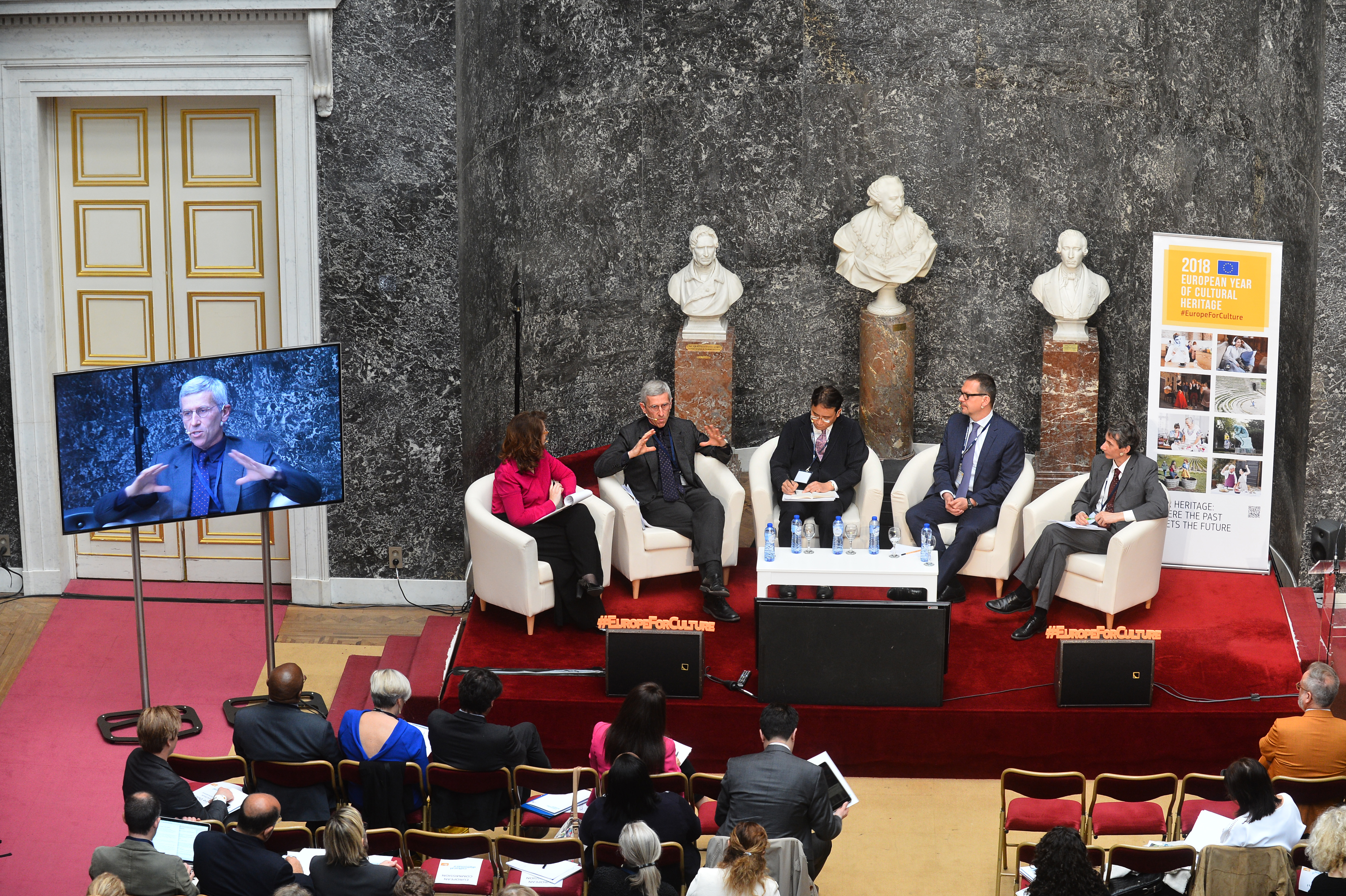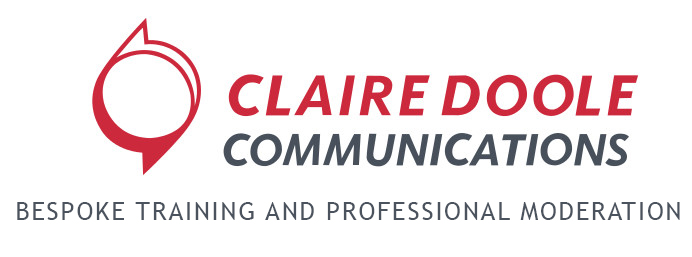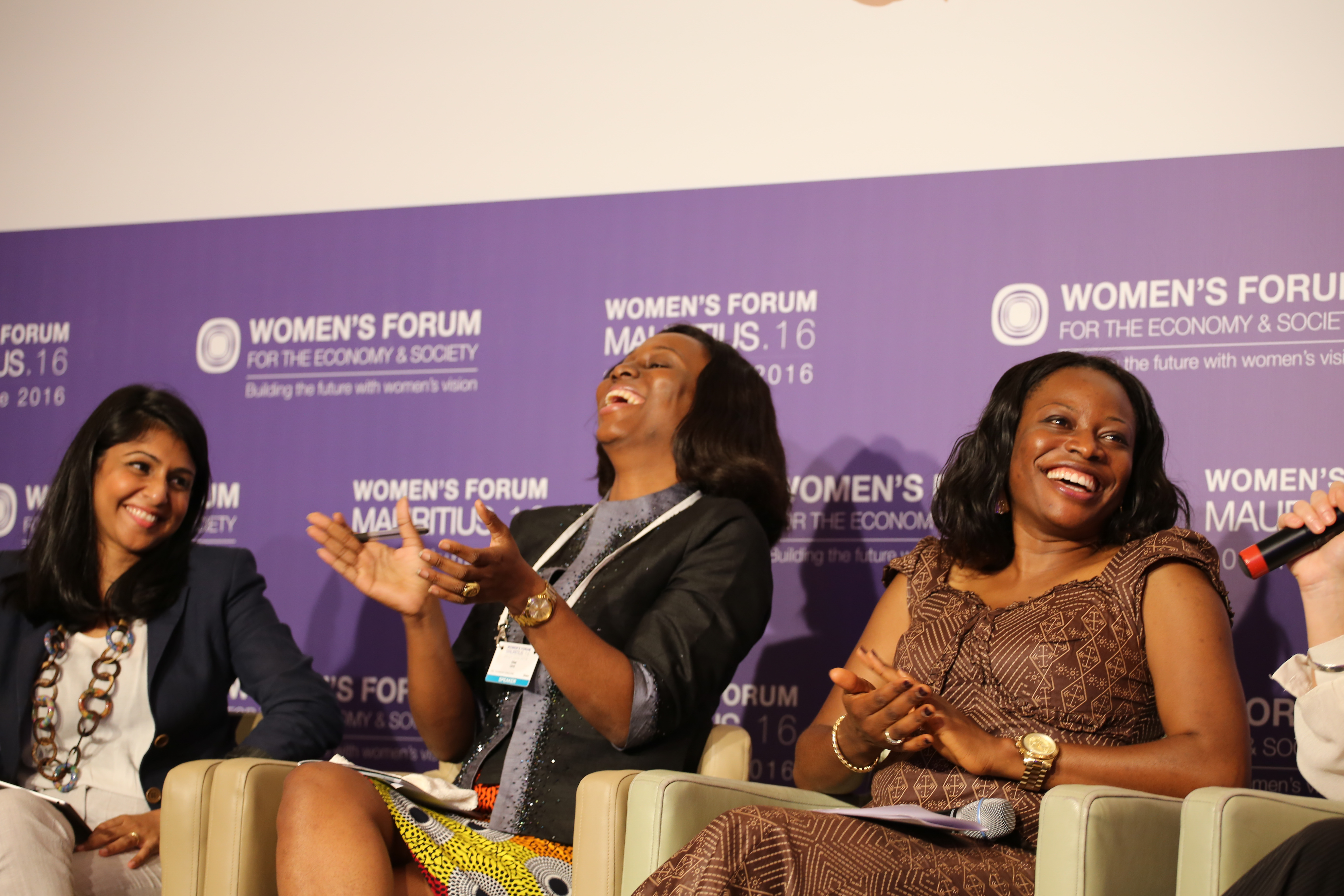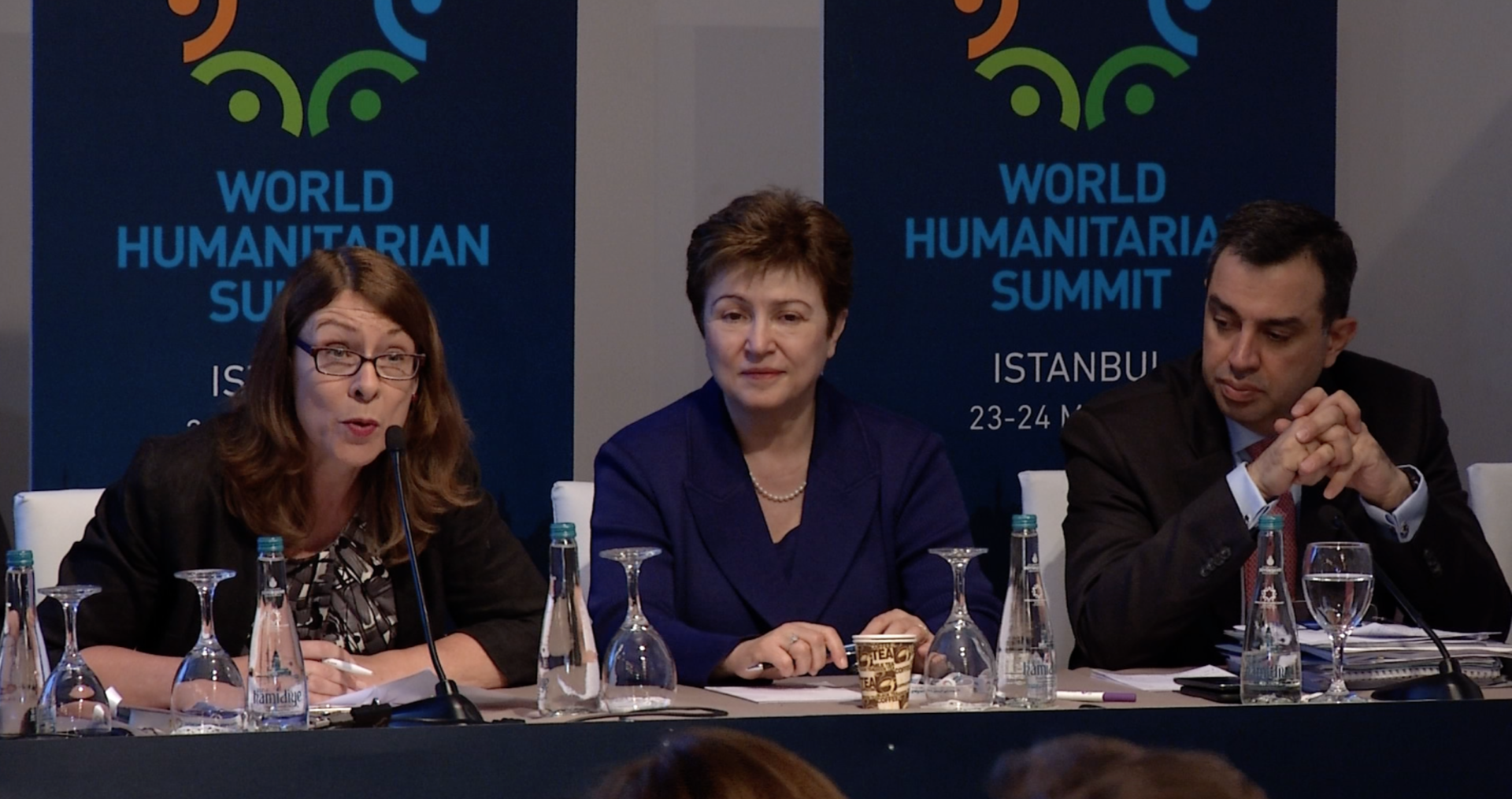
6 Top Tips for Engaging Panel Discussions
After a busy month of moderating for the UN, European Commission and trade federations in Brussels and Geneva, plus running how to moderate workshops for public and private sector institutions, I wanted to share my top 6 tips for successful panel discussions.
The common theme is that while a professional moderator always adds some sparkle, it is difficult to wave a magic wand, if the event organisers have not thought editorially about the panellists and format.
Tip number 1
Select the right panellists for the topic. It sounds obvious, but too often panellists are chosen for political reasons rather than for what they bring to the discussion. Even the most seasoned moderators find it very hard to stimulate an engaging discussion with people who don’t have opposing views or different perspectives.
There is nothing worse than a panel where everybody says the same thing. In this case, as the moderator you have no option but to play devil’s advocate. I was once forced to do this during a discussion on refugees. Afterwards, a young student in the audience came up to me and accused me of not liking refugees. I told her that I used to be a spokesperson for the UN Refugee Agency but my role was not to like or dislike but to stimulate discussion.
Tip number 2
Involve the moderator in panel selection. Many moderators are former broadcast journalists, so they can advise on the range of opinions that are necessary for a stimulating discussion. They can also ensure that there is editorial coherence in the programme as the event unfolds. For me organising an event is like producing a radio/TV programme. It takes time, thought and strong editorial skills.
Tip number 3
Follow BBC best practice. As a producer, you never put anyone on air without checking that they were not only articulate but also had something new or interesting to say. You then wrote a brief for the presenter, who worked out the questions and flow of the discussion.
You were normally looking for those who held opposing views, for or against a subject, but on magazine programmes you often wanted a range of views. These could be demographically different (gender, age, ethnicity) geographically (local, national, regional, international) or involve different stakeholders (government, private sector, NGO, trade union, academic).
Tip number 4
Avoid the presentation style format. This is where each panellist has 10 to 15 minutes to present their perspective, ending with audience Question & Answer. This risks death by PowerPoint, and as people rarely time their presentations – a major mistake – they usually go over and leave little if no time for the audience to ask questions. As the moderator, it is much more difficult to stop someone mid-presentation, although I have done this in the interests of good time management and audience sanity!
If organisers/panellists insist then I suggest I ask them a series of prompt questions so that they can talk around their slides. It takes more work from the moderator and the panellists, but it is more dynamic as it is a conversation.
Tip number 5
Be wary of the opening remarks format. Here each panellist takes 5 minutes to introduce themselves and their perspectives on the topic before the moderator poses questions and the audience Question & Answer. Again, the panellists often talk over their allotted time, but even more problematic is that this can easily be too much information for the audience to remember.
This format works if it is agreed beforehand that the speakers are concise and their remarks pertinent to the subject. For example, if they set the scene for the discussion by introducing their project or programme. If they start to explain issues which are going to be addressed later in the panel discussion, this can become difficult for the moderator to follow up without repeating what has already been said.
Tip number 6
Opt for the Question and Answer Format. Here the moderator either opens with the same question for all panellists or rather like the conductor of an orchestra, brings in the panellists one by one at the right moment in the conversation. For this to work the organisers have to have selected the right panellist (see tip 1) otherwise the moderator spends a lot of time trying to join the editorial dots with a disparate group of people!
If you would like to learn how to moderate like a professional, then drop me a line for details of my in-house one-day workshops or one-on-one coaching sessions.


